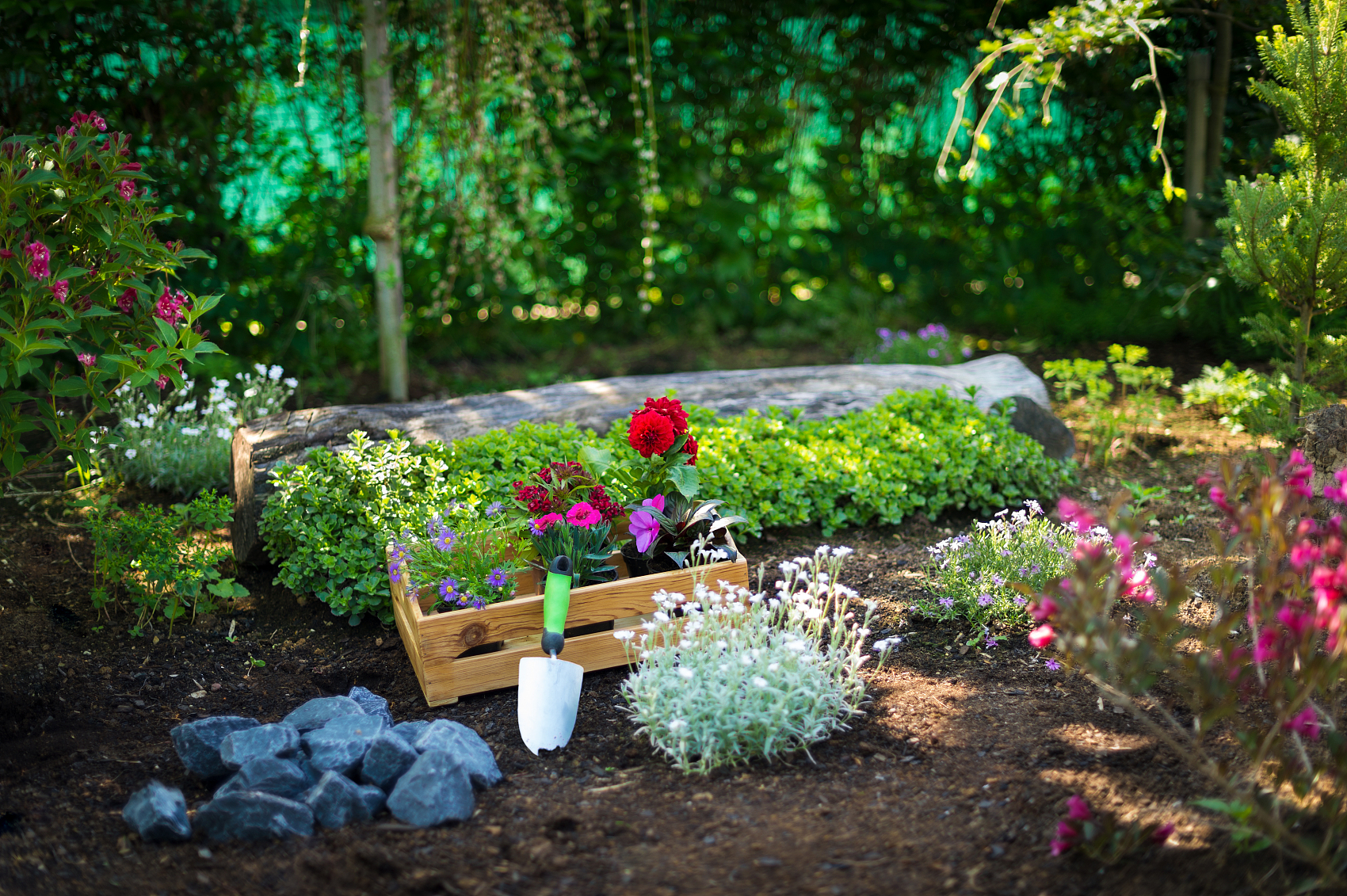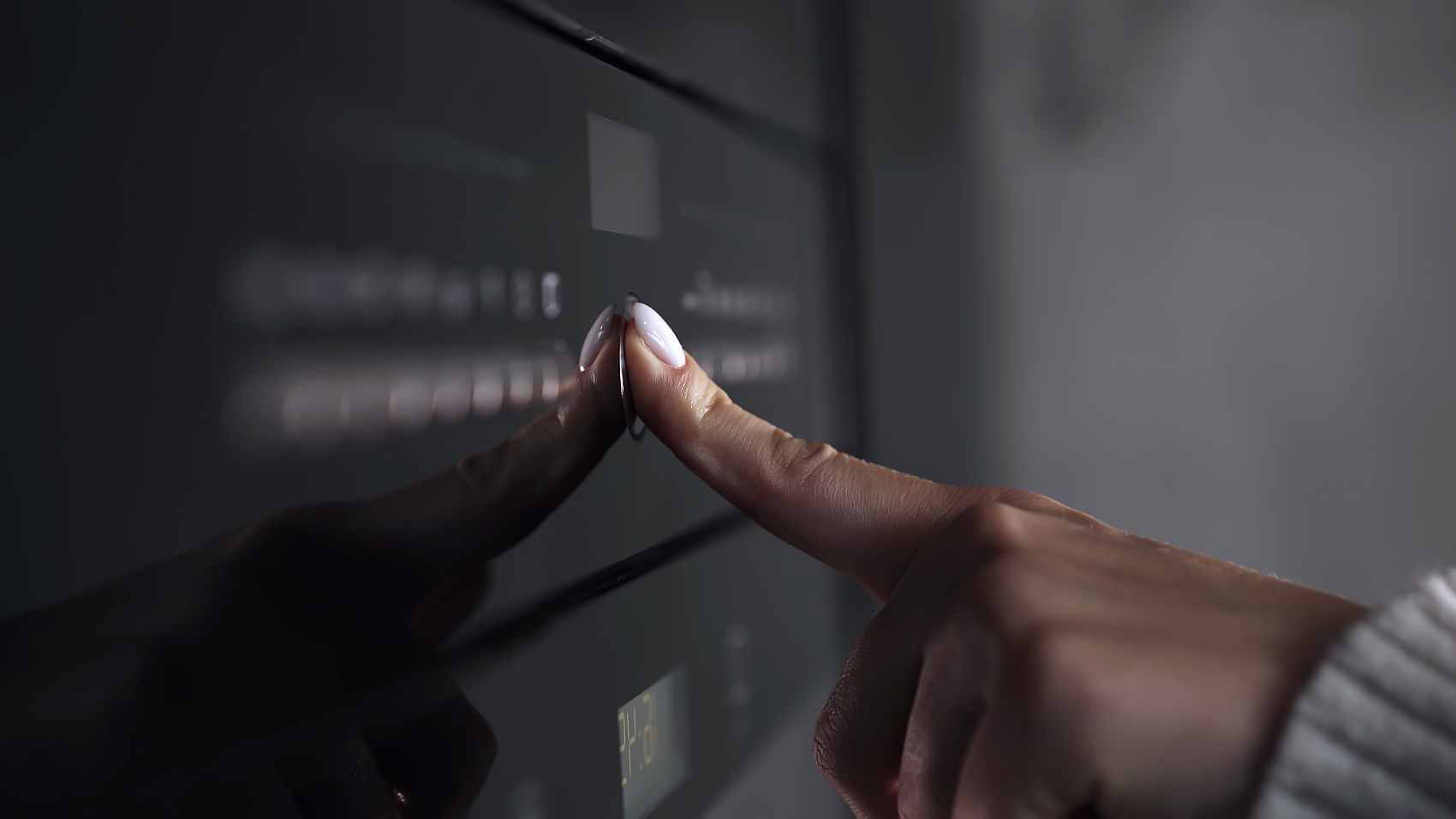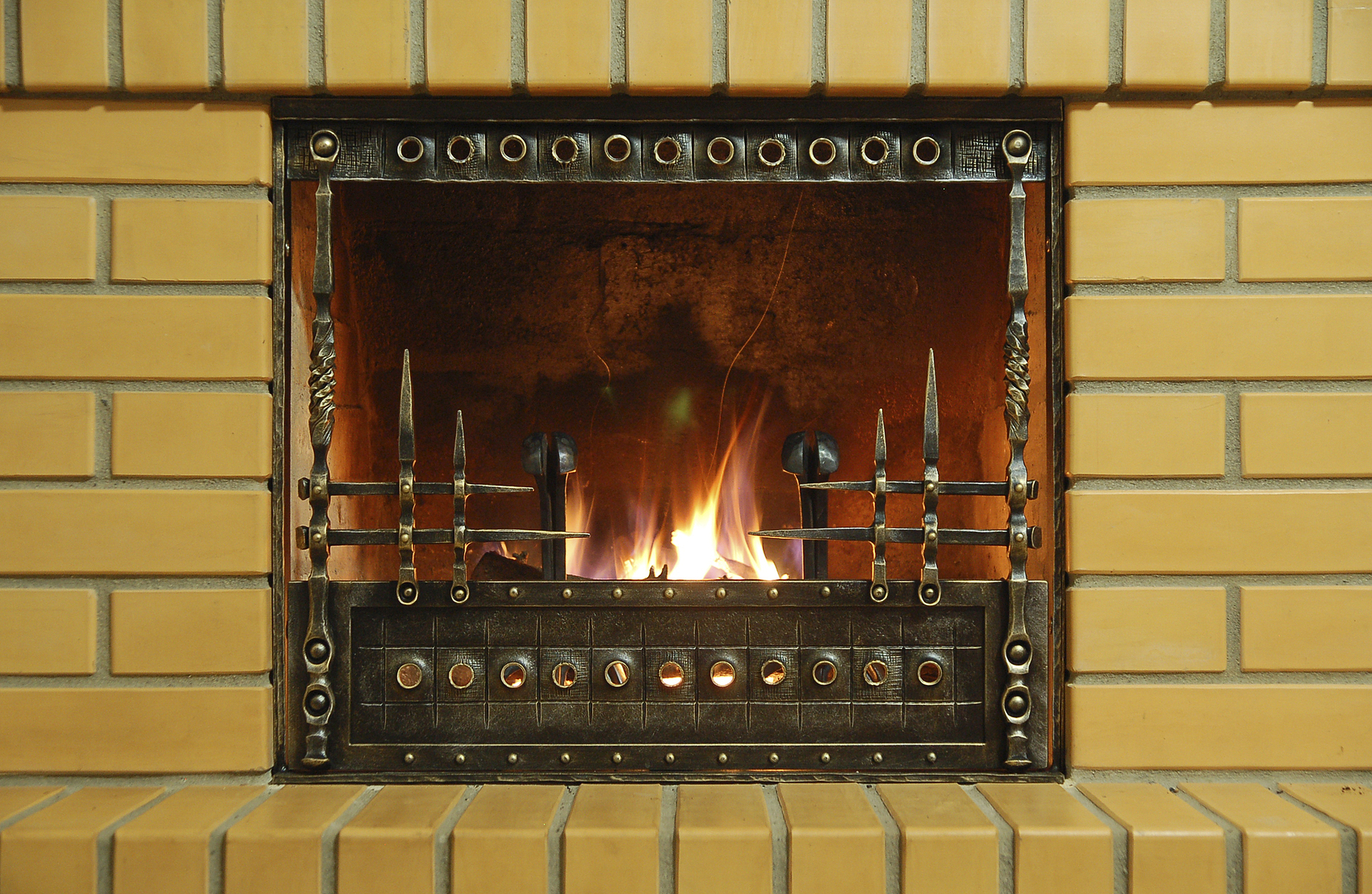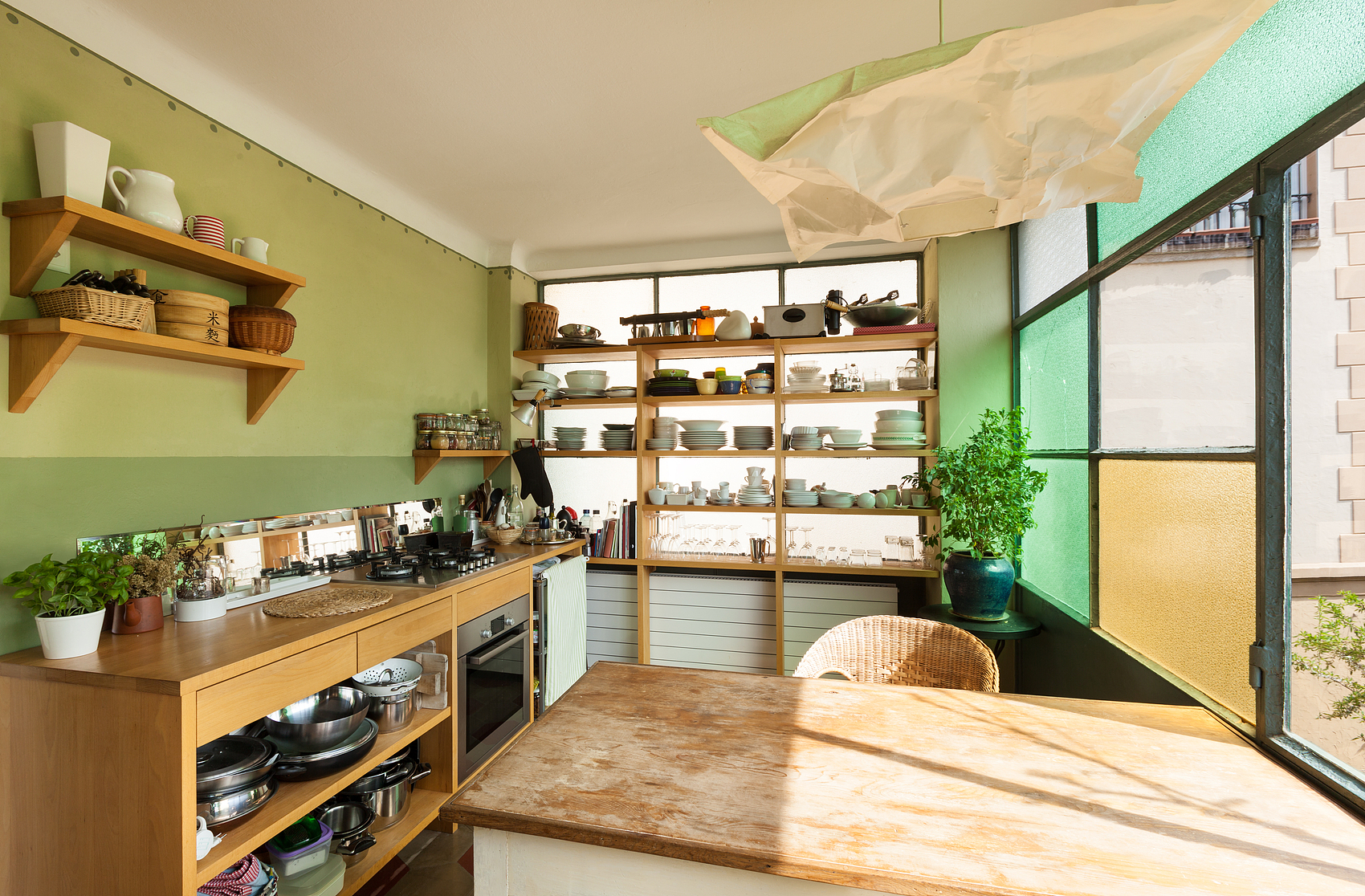Power outages can happen unexpectedly, and it’s hard to know when the lights will come back on. While you can’t control the timing or duration of an outage, you can take steps to keep your family and property safe until power is restored.
To help you prepare, we spoke to Clement Feng, vice president of marketing at Briggs & Stratton Energy Solutions—a company that specializes in standby generators. Here, he shares his top tips for staying ready before an outage hits, what to do during a blackout, and a handy checklist to have on hand when bad weather is expected.

What to Do Before a Power Outage
Storms are often a good indicator that an outage might be coming, but sometimes power can cut off without warning. If you think you’re at risk of losing power, follow these steps to stay ahead of it:
- Charge All Your Devices
Make sure your cell phones, tablets, and laptops are fully charged before the power goes out. It’s also a good idea to have a few portable chargers ready, just in case. To save your phone battery, consider using a battery-powered radio for news and weather updates instead of streaming them on your phone. - Stock Up on Flashlights and Batteries
It’s easy to rely on your phone’s flashlight, but using it constantly drains the battery. Instead, make sure you have enough flashlights and fresh batteries in easy-to-find locations. Although candles might create a cozy atmosphere, flashlights and battery-powered lanterns are safer and more convenient. - Consider Getting a Generator
If you live in an area that experiences frequent outages or rely on electrical medical equipment, it’s worth investing in a standby generator. Look for federal, state, or utility company incentives that can help cover the cost. Generators usually run on gasoline or propane, so have some on hand. Just remember: always operate them outdoors to prevent dangerous exhaust fumes from entering your home. - Have a Backup Plan for Shelter
If the power is out for more than a day, it can complicate things—especially if temperatures are extreme or if you need electricity to work. Think about alternative places where you can stay, charge your devices, and keep comfortable. Having a plan to stay with friends, family, or at a hotel will save you stress later on.

What to Do During a Power Outage
Once the power goes out, staying calm is key. Follow these steps to keep your home and family safe:
- Check If It’s Just Your House
Look around to see if your neighbors have lights or call them to check. Many utility companies also provide online outage maps. If the outage seems limited to your home, it could just be a tripped breaker. - Contact Your Utility Company
Don’t wait for someone else to report it. Let your utility provider know as soon as possible. This increases your chances of getting an estimated restoration time and alerts them to any larger issues in the area. - Minimize Fridge and Freezer Openings
Keeping your fridge and freezer doors closed will help maintain the cold for longer. Use shelf-stable food items when possible, and only open your refrigerator when absolutely necessary. - Unplug Sensitive Electronics
When the power returns, it can cause a surge, potentially damaging appliances or causing a fire. Unplug large electronics or plug them into surge protectors to avoid damage. - Prevent Pipes from Freezing
One of the biggest risks during a winter power outage is burst pipes. If the temperature is near freezing, keep a close eye on your plumbing. Allow faucets to drip slowly to prevent freezing if water is still available. If you rely on a well and your pump is down, you may want to drain your pipes to reduce the risk of damage.
By taking these precautions, you can reduce the impact of an outage and keep your family safe. Preparing now will help ensure that when the lights go out, you won’t be left in the dark—literally and figuratively.













